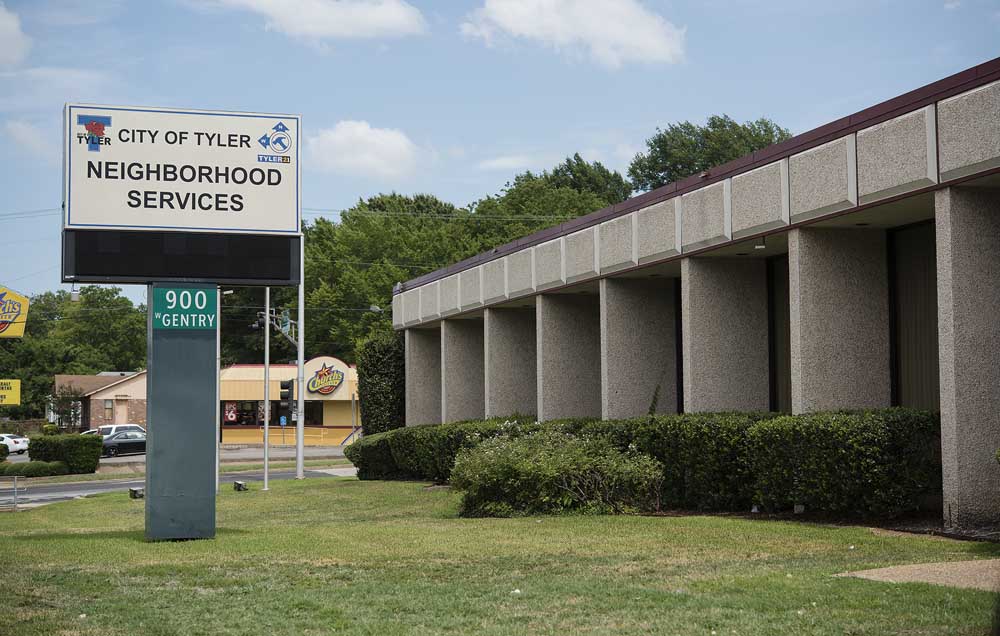Time is running out to make voting safe
Published 5:13 pm Tuesday, July 21, 2020
Congress has several urgent tasks and little time to complete them. One is to help ensure the legitimacy of the nation’s democracy by giving the states the assistance they need to hold an election during a pandemic.
Certainly the states should not be left to struggle through the November election as they have through primary season, with fiascoes in places as different as the District of Columbia, Georgia, New York and Wisconsin. The problems were varied: long lines; no-show election workers; massive polling-place closures; confused voters; unclear mail-in voting procedures; failure to count ballots within a reasonable amount of time; election website collapses; unnecessary voting requirements. The common denominator was state leaders who blundered their way through a coronavirus election — and a federal government that has long failed to encourage high standards through funding and guideline-setting.
Elections in the United States were already an international embarrassment, with underfunding and incompetence in too many jurisdictions. Now, in the absence of thoughtful preparation, voters may have to risk their lives to exercise their right to vote. That’s unacceptable. The fear of catching COVID-19, the disease caused by the novel coronavirus, will deter voters, unless the government assures people that they can vote safely.
Congress has frittered away months instead of helping states buy new machines to process and count mail-in ballots. Those would be helpful in a state such as New York, where primary results took weeks to be reported. Now states’ options are increasingly limited because time is short, and the challenge will be even larger than the one states faced over the past few months. Even states that managed their primaries relatively well may see their systems overloaded when double the number of people seek to vote in the general election.
Republicans have tended to resist federal involvement in running elections, arguing that this is a state and local responsibility. Underlying that objection may be a fear that higher levels of voting hurts Republicans, a calculation that has led the GOP to erect innumerable barriers to voting over the past decade. But the need is too obvious and the stakes too high for further delay or craven partisanship. It is in fact unclear whether more mail-in voting hurts or helps the GOP. But that should not matter; if Republicans believe in their ideas and candidates, they should seek to put them to a fair democratic test.
Congress must send states enough money to prepare for the fall vote. Although it is late, states could still hire more polling workers, rent more space in which to count votes safely, prepare sufficient polling places for socially distanced in-person voting, find vendors to print more absentee ballots, pay postage for people’s mail-in votes and step up voter outreach to prevent mass confusion — all while securing their voting systems against foreign interference.
The Cares Act, the first major coronavirus bill, contained $400 million for election needs, which many states spent on their primaries. House Democrats, backed by election and national security experts, have proposed an additional $3.6 billion. As the Senate acts on the last COVID-19 bill before the election, this funding must be a priority.
— The Washington Post






